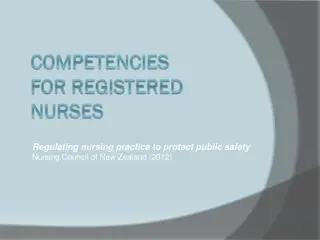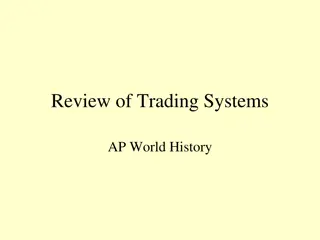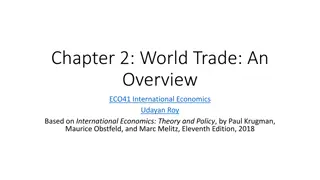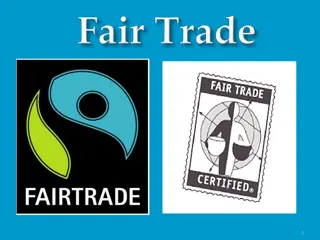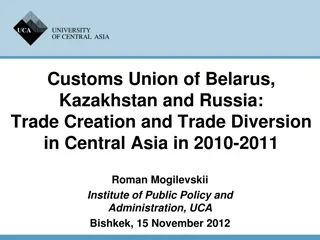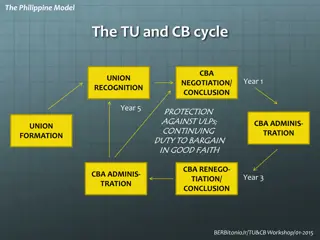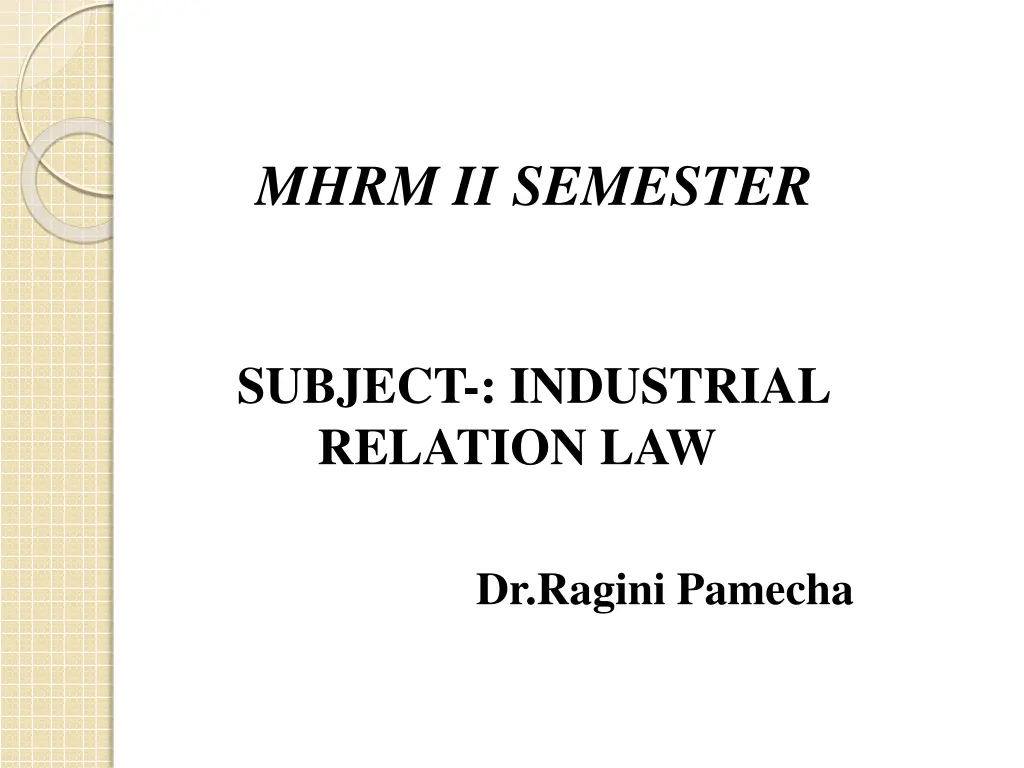
Rights and Duties of Trade Unions in Industrial Relations Law
Explore the meaning, definition, rights, and liabilities of registered trade unions in the context of Industrial Relations Law. Learn about the rights to admission, representation, contracts, property ownership, and legal action held by trade unions as outlined by the Trade Unions Act, 1926.
Download Presentation

Please find below an Image/Link to download the presentation.
The content on the website is provided AS IS for your information and personal use only. It may not be sold, licensed, or shared on other websites without obtaining consent from the author. If you encounter any issues during the download, it is possible that the publisher has removed the file from their server.
You are allowed to download the files provided on this website for personal or commercial use, subject to the condition that they are used lawfully. All files are the property of their respective owners.
The content on the website is provided AS IS for your information and personal use only. It may not be sold, licensed, or shared on other websites without obtaining consent from the author.
E N D
Presentation Transcript
MHRM II SEMESTER SUBJECT-: INDUSTRIAL RELATION LAW Dr.Ragini Pamecha
Topic:- Rights and Duties of Registered Trade unions
Meaning & Definition of Trade Union ATrade Union is commonly understood as an association of wage earners or workers. Usually it is a voluntary association of workers in a particular industry or craft. Trade Union is an association of wage earners for the purpose of maintaining and improving their working conditions. The definition of Trade Union according to the Trade Unions Act, 1926 is same as the definitions in the British Trade Union Acts of 1871, 1875 and 1913. Section 2(h) of the Trade Unions Act, 1926 defines Trade Union as any combination whether temporary or permanent, formed primarily: for the purpose of regulating relation between: Workmen and employers; or Workmen and workmen; or Employers and employees.
Cont. imposing respective conditions on the conduct of any trade or business and includes any federation of two or more trade unions, is called Trade Union: Provided that this act shall not affect- Any agreement between partners as to their own business. Any agreement between an entrepreneur and those employed by him as to such employment; or Any agreement in consideration of the sales of the goodwill of a business or of instruction in any profession, trade or handicraft.
Rights and liabilities of the registered Trade unions. Chapter III, Section 15 to 28 of the Trade unions act 1926 lays down the provision relating to the rights and liabilities of the registered trade unions.
Rights, Duties and Liabilities Rights of a registered trade union: Right of Admission: Admission as a member of trade union is not an absolute right. A registered trade union may impose certain qualifications and restrictions for admissions subject to the provisions of the Trade Unions Act and Rules as well as any other law in force.[18] Right of Representation: A trade union can represent the employees in any industrial dispute and in case of individual dispute, with the written authorization of the employee. With such authorization, a trade union can represent before any conciliation officer, industrial tribunal, labour courts etc. Right to Contract: A Registered trade union, being a legal person, can enter into agreements and contracts on its own name. Right to own property: A registered trade union can purchase and own movable and immovable property in its own name.
Cont. Right to Sue: A trade union is a juristic person. It can sue, argue before any labour courts, authorities and other courts on behalf of itself, and on behalf of its members. Right to inspect books: Section 20 confers an important right to the members of the trade union. The office bearers or the members can inspect the books of account at such time as may be provided for in the rules of the trade union. The members, however, have no right to take copies of such books of account. Right to Amalgamate: According to Section 24 of the Trade Unions Act, 1926, two or more registered trade unions may amalgamate as one trade union with or without dissolution or division of funds of such unions.
Duties and Liabilities of Registered Trade Unions A registered trade union has a duty to inform the Registrar of Trade Unions by sending a notice to that effect as to the change of address of the registered trade union. The Act imposes on the registered trade union, duty to spend the funds (general fund, political fund), specifically allotted for the purposes as stated in the provisions of the act. A registered trade union is under a duty to see that not less than 1/2 of the total number of its office bearers in the case of unorganized sector and 1/3 or 1/5 whichever is less in other sectors (according to amendment in 2001[19] must be persons actually engaged or employed in an industry with which the trade union is connected with. Appropriate governments by an order (general or special order) exempt a trade union from this provision. Every registered trade union must submit every year, to the registrar of trade unions, a) a general statement, audited in the prescribed manner of all receipts and expenditures during the year ending 31st December, b) an audited statement of its assets and liabilities as on 31st December, c) a statement showing change of office bearers made by the trade union during that year and, d) a copy of the rules of the trade union amended up to date.
Cont Whenever any alteration is made in the rules of the registered trade union, a notice regarding the altered rules must be submitted to the registrar of trade unions within 15 days of such alteration [20] Failure to submit the above said returns, or give notice of alterations, shall make every office bearer or other persons who are responsible for such submission of particulars, liable to pay fine which may extend to Rs.5 and in case of continuing default additional fine of Rs. 5 for each week not exceeding Rs. 50 in total. Any person who gives false information to any member of the registered trade union with an intention of deceiving him is liable to be punished with fine which may extend to Rs.200. While electing a person as a member of the executive committee or for any other office as office bearer must be confirmed that such person has completed the age of 18 and such person is not convicted of any offence involving moral turpitude. (In case of any conviction and a period of 5 years has elapsed since his release then he is qualified to be elected for these posts.) A minister or a person holding an office of profit in the Union or State shall not be elected as a member of executive or other office bearer of a registered trade union (according to amendment in 2001[21]

